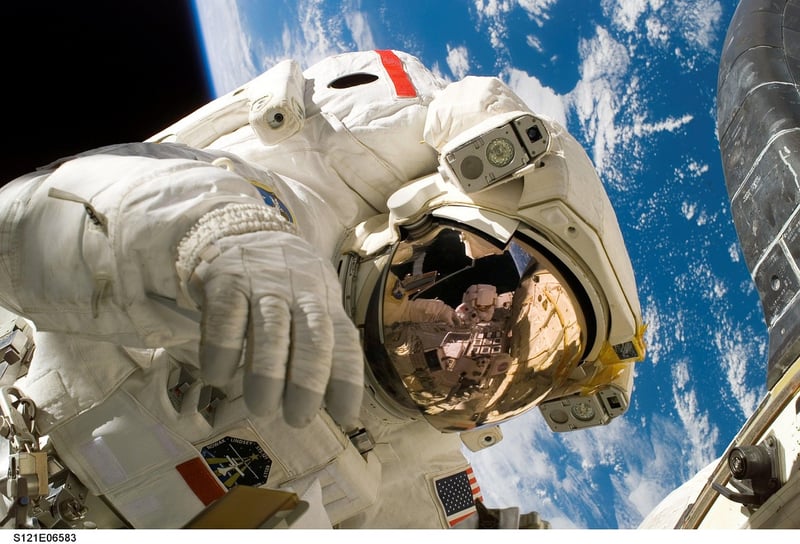Future Exploration
Exploring Time and Space: Future Exploration
As humans, we have always been fascinated by the mysteries of time and space. From ancient civilizations gazing at the stars to modern-day space exploration, our quest to understand the universe continues to drive scientific discovery and innovation.
The Current State of Space Exploration
Today, space agencies like NASA, SpaceX, and ESA are at the forefront of exploring our solar system and beyond. Robotic missions to Mars, Saturn, and even interstellar space have provided us with invaluable data about the universe we inhabit.
The Future of Space Exploration
The future of space exploration holds even more promise. With advancements in technology and a renewed interest in space travel, we are on the cusp of exciting new discoveries and achievements.
Interstellar Travel
One of the most ambitious goals of future space exploration is interstellar travel. Imagine spacecraft traveling to other star systems, potentially finding habitable planets or encountering alien life forms. While this may currently seem like science fiction, ongoing research and development aim to make this a reality in the future.
Colonizing Other Planets
As Earth's population continues to grow, the idea of colonizing other planets like Mars has gained traction. Establishing human settlements on other celestial bodies could ensure the survival of our species and provide new opportunities for scientific research and exploration.
The Concept of Time Travel
Time travel, a staple of science fiction, remains a fascinating concept in the realm of physics. While traveling backward in time is still considered theoretical and challenging, scientists are exploring the possibility of traveling forward in time through phenomena like time dilation.
Conclusion
As we look to the future of space exploration and the mysteries of time, one thing is clear: the human thirst for knowledge and discovery knows no bounds. With each new breakthrough, we inch closer to unlocking the secrets of the universe and our place within it.


For more information on space exploration, visit NASA's official website.
